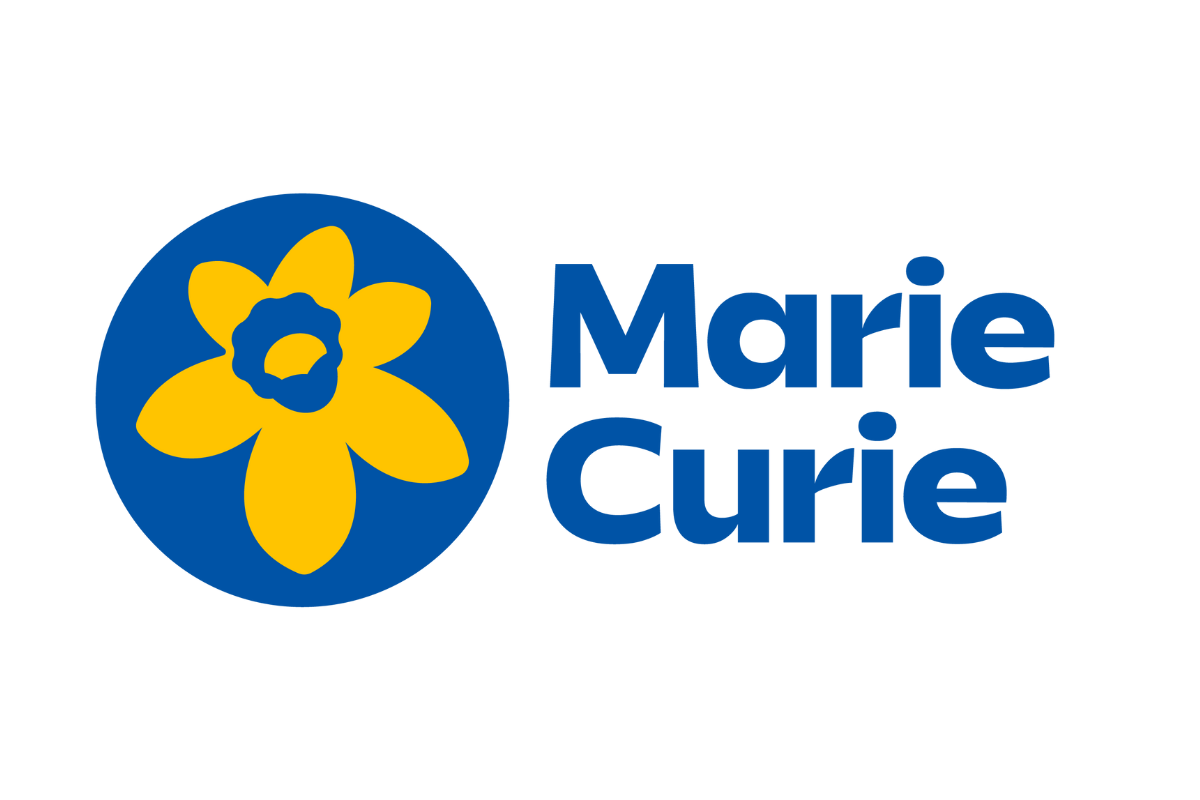Work and terminal illness
The role of work in wellbeing at the end of life

This project aims to identify where research and practice need to go next in supporting the wellbeing of people with a terminal diagnosis.
Supporting people to work while they are able, and to make appropriate decisions at a time of their choosing could be the key to this.
Modern advances in palliative care have made it possible for people who are approaching the end of their life to keep on working, and employers are expanding their thinking about inclusive culture and practice to support this group of people.
“While respecting confidentiality and people’s individual wishes, it’s vital that organisations are ready to provide compassionate, flexible, and practical support for an employee who is facing a terminal diagnosis”.
Rachel Suff, Employment Relations and Diversity Adviser (Europe), CiPD
What did we do?
Mapping research and practice
We worked with Marie Curie to learn more about what works in this area.
Through a mixed methods research project, we have carried out out:
- A rapid scoping review of research (journals and grey literature) on the experience of terminal illness in working age people, conducted by Kohlrabi.
- An employer survey to identify policies and practices currently in place designed to support employees working with a terminal illness diagnosis.
- A call for case studies, practice examples and policies to help build a picture of ‘what works’ in three areas:
1) Employers’ experiences of supporting employees with a terminal illness to continue in work or as they move out of employment.
2) Reports that capture the experiences of employees who have received support to continue working with a terminal illness.
3) Communities of care that are offering support to people to help them keep working.
Putting learnings into practice
In the next phase of our research, we put our findings into practice by building a cohort of people professionals from organisations of different sizes and sectors to support the development of workplace policies.
We facilitated three, free workshops between June and September 2023, providing expertise, access to tools and techniques, and a facilitated learning community, where peers will come together to share ideas and experiences.
Areas covered included:
- Factors affecting continuing to work
- Attendance and flexible working
- Work adjustments
- Long term sickness absence due to terminal illness / absence management
- Sick pay
- Occupational health & employee assistance programmes
- Keeping in touch
- Deciding to stop work
- Reviewing and evaluating your policy’s impact
To deliver this, we worked in partnership with Marie Curie, the UK’s leading charitable funder of palliative and end of life care research, and the Chartered Institute of Personnel Development.
We collated these insights to develop introductory guidance for workplaces policies and practice supporting employees with terminal illness.
Explore all the resources, outputs and insights below.
Who is this for?
The resources and insights below will be of interest to researchers, occupational health and wellbeing professionals, those supporting people of working age living with a terminal diagnosis and those developing work & health policy at a local, regional and national level.
Impact
The project was awarded the inaugural Marie Curie Research Impact Award for its “innovative engagement and for helping many companies to support employees with a terminal illness at work. The panel felt the project addressed a well-known problem and had achieved broad reach and significant impact with potential to influence more change going forward.”
![]()
[gravityform id=1 title=true description=true ajax=true tabindex=49]

